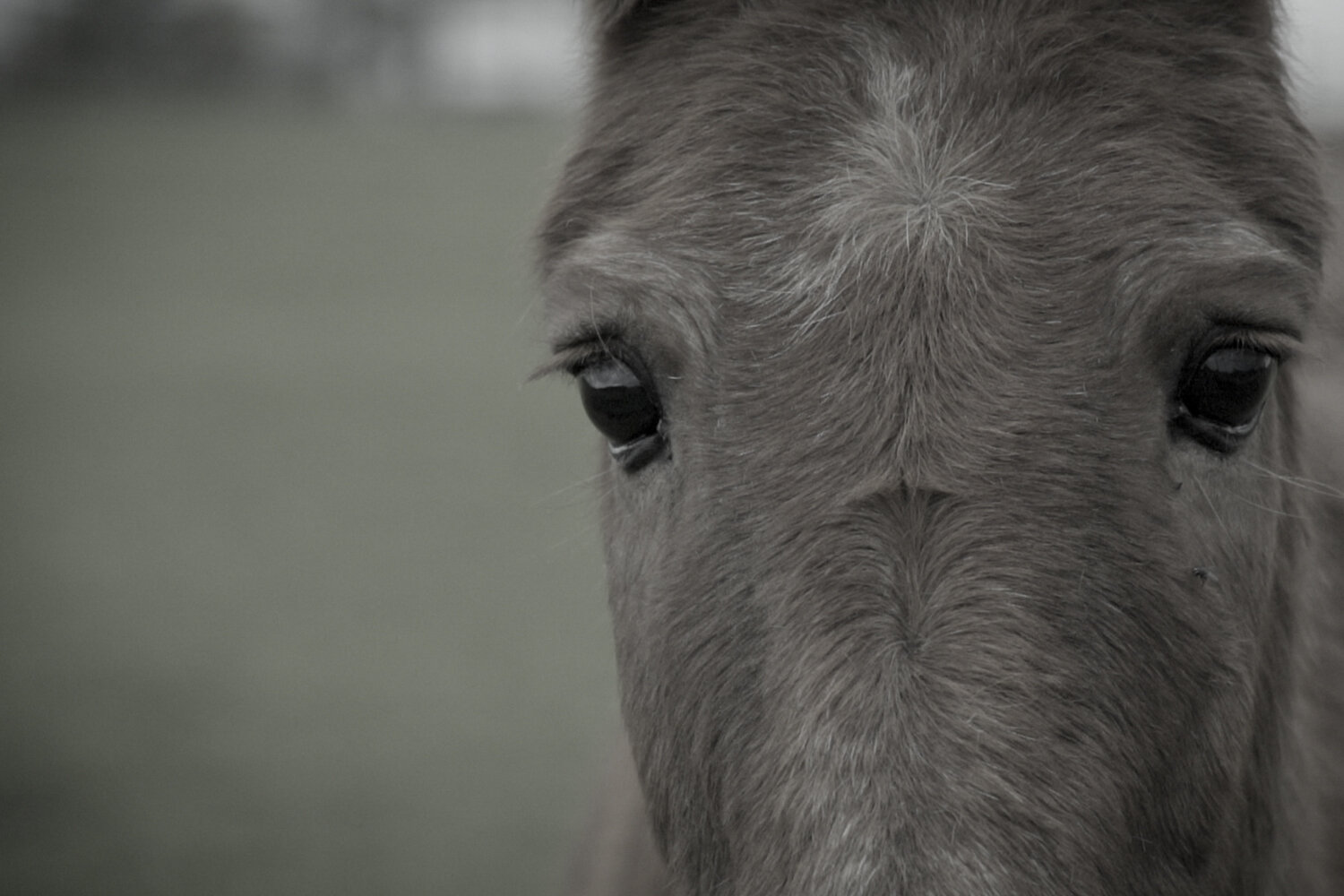How does the Animal Welfare Act 2006 inform our everyday work?
Our Chief Field Officer shares an insight into how this piece of legislation informs our work.
Posted on 28/01/2025

We are often asked questions by our supporters about the Animal Welfare Act 2006 and how it relates to our day-to-day work. While our aim is to resolve welfare problems directly with owners, if this becomes unsuccessful or the situation deteriorates, it can result in a possible prosecution being brought by the RSPCA under the Act.
We caught up with Claire Gordon, our Chief Field Officer, to find out more.
“I can hardly believe that I have been working on the frontline of animal welfare for 17 years, helping so many animals in need. The last 14 of those years have been at World Horse Welfare where I have had the privilege of solely helping horses.
“I initially began my career as an RSPCA inspector and was lucky enough to be part of the first cohort to be trained in a brand-new piece of legislation – the Animal Welfare Act 2006. The Act offers animals some of the best protection in the world and is much envied. Like any piece of legislation, it is not perfect, and we have to be mindful that legislation is only useful if there is a political will and resources to enforce it.
“The reason why the Act is so coveted is that it created a new offence in law – known as a Section 9 offence – which placed a ‘Duty of Care’ on owners to meet their animal’s needs, meaning animals no longer had to suffer before welfare officers could intervene. To assist with this, Defra created a helpful equine Code of practice that provides guidance on how owners are expected to meet those needs.
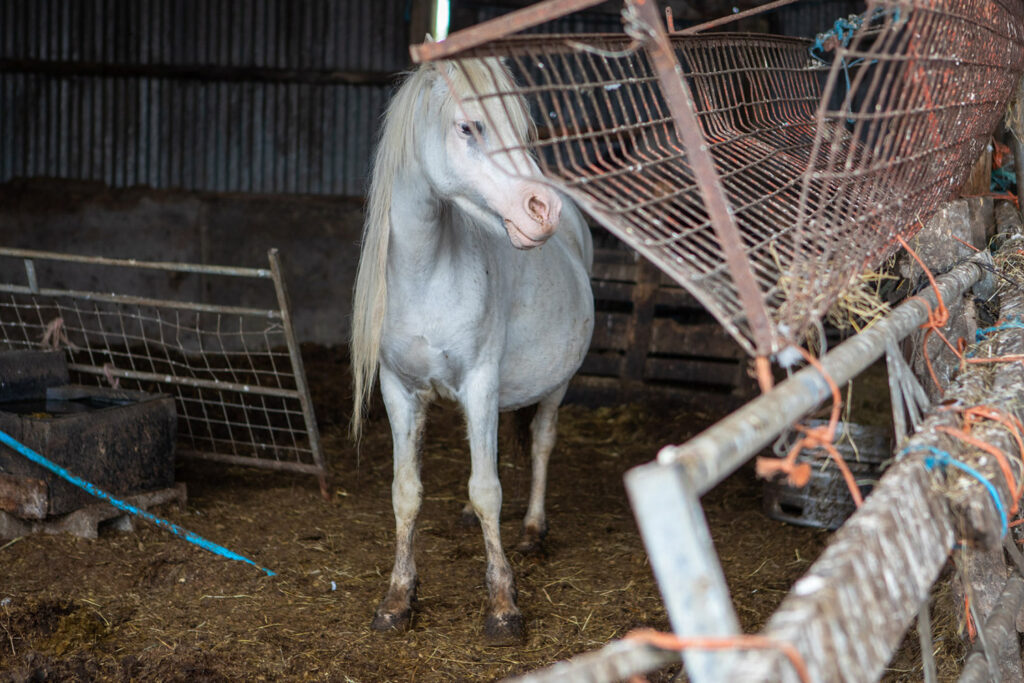
“This gave inspectors and animal welfare workers the scope to be able to work proactively with owners, allowing for early interventions and opportunities to educate. We find that in most cases, welfare issues can be resolved quickly with owners better able to care for their horses. However, if that support is rejected or the advice unheeded, it creates a strong piece of evidence that the owner had been given the opportunity to do better and has chosen not to.
“Our supporters sometimes question why – with these more robust laws – we haven’t been able to act sooner or remove more animals. The answer is that we must always work within the law, and the Animal Welfare Act is an opinion-based piece of legislation. This means it requires an independent vet to give their opinion and gather the evidence that supports the fact that the animal is suffering or is likely to if its circumstances don’t change – and then present these findings in a court of law.
“The police must also be satisfied that the vet has sufficient evidence to take the animal into possession so that it can start to receive the care it needs, often with a charity, while a case is built against the owner. For example, sometimes we have cases where well-meaning members of the public feed and water horses who are being neglected, but as these horses are then receiving care, vets and the police cannot say that the horses are suffering, or likely to suffer, so we are unable to remove the horses without the owner’s consent.
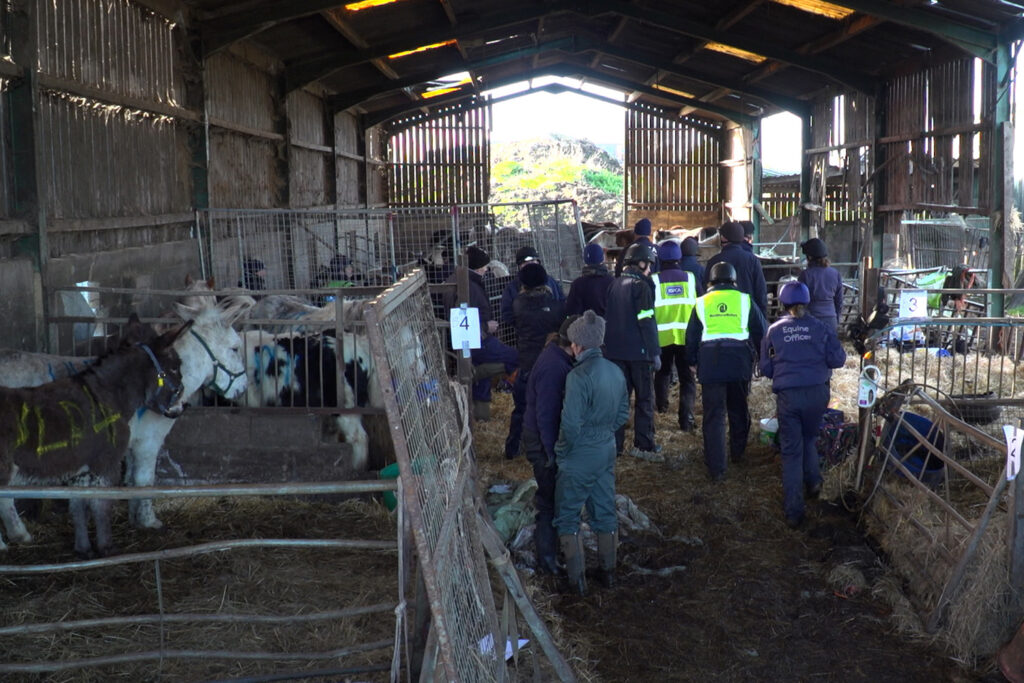
“If there is a case to answer, the court then listens to all the evidence, and they will use the ‘Code of practice for the welfare of horses, ponies, donkeys and their hybrids’ to help them decide which actions could or should have been taken in order for the animal to be cared for properly, and make a ruling.”
In the majority of UK equine cases that are prosecuted, the requirements for a prison sentence are not met. We believe we must have tough, enforceable bans on keeping animals to safeguard the welfare of equines, and other animals, and prevent repeat offenders – as well as a national animal offender register to aid enforcement.
*Scotland and Wales each have their own Code of Practice – separate to Defra’s for England – and Scotland’s law is slightly different, but the way it relates to our day-to-day work is almost identical to England.
Topics
Related Blog Posts
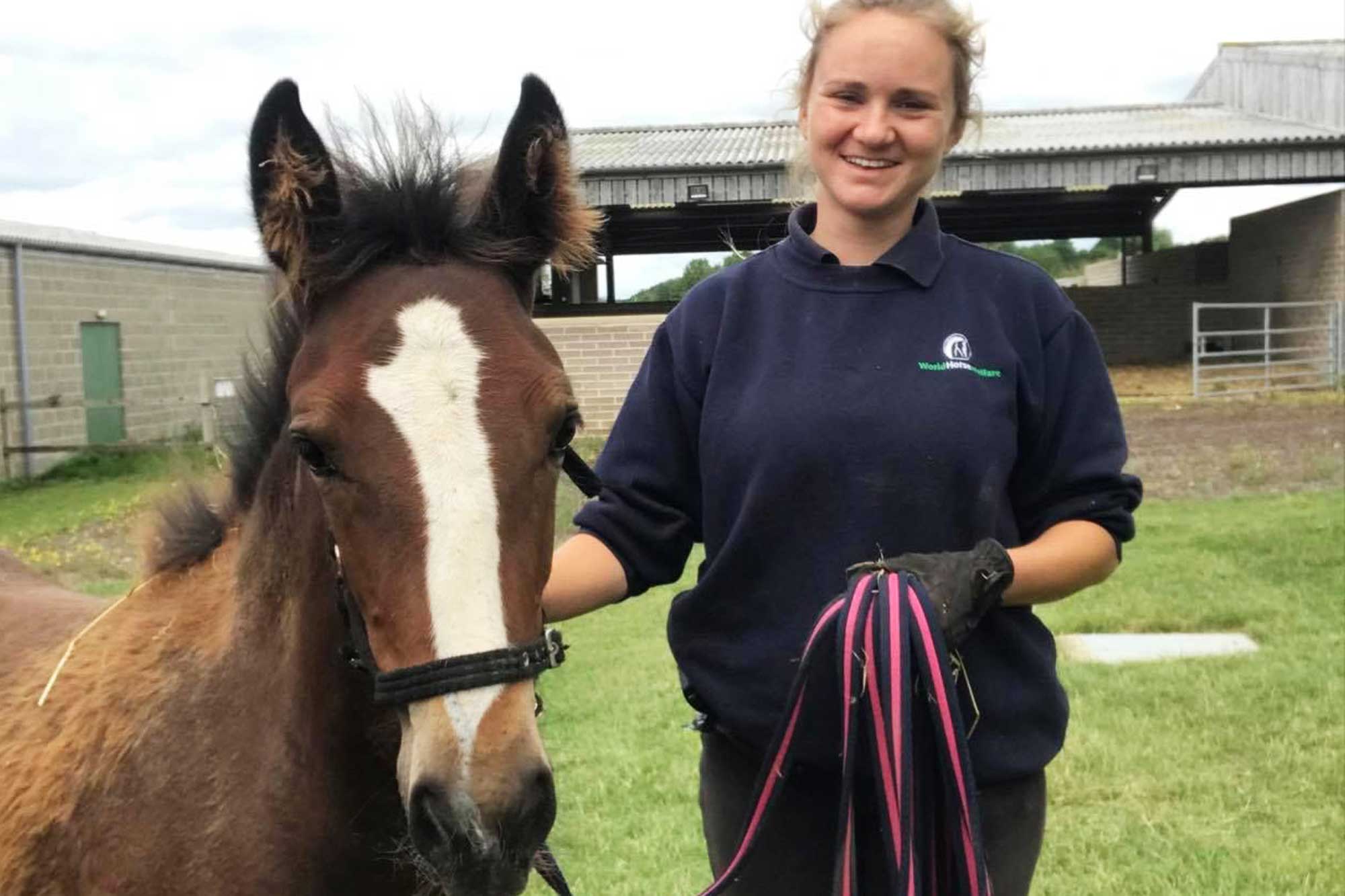
Buena’s story – how our foals are cared for from birth to rehoming
Senior Groom Steph introduces lovely filly Buena and explains how the team care for foals from birth right through to finding them a loving home for youngster handling.
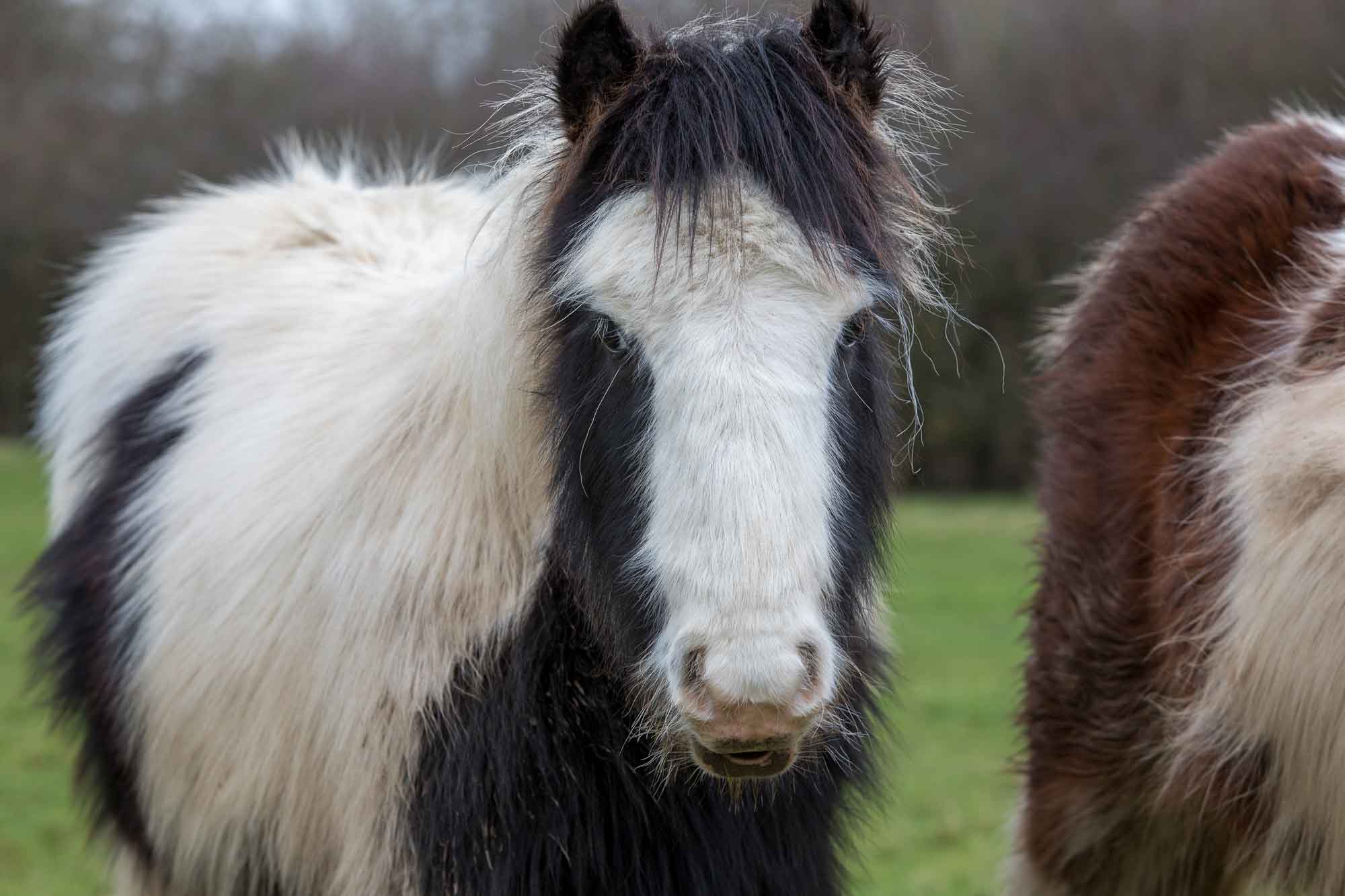
Behind the scenes: the first few months as a World Horse Field Officer
Find out what really goes on behind the scenes as a World Horse Welfare Field Officer.
Recommended News Articles

Supporter inspired to set up hacking challenge gets riders fundraising countrywide
The fundraising challenge has proved incredibly popular with horses and riders of all ages around the country.

World Horse Welfare highlights the significance of the world’s most extensive equine surfaces study
World Horse Welfare Chief Executive Roly Owers lends his support to the world’s most extensive study into the effect of arena surfaces on the orthopaedic health of sport horses (in the seven FEI disciplines and in racing).
Enjoy reading stories like this?
Join over 65,000 other horse lovers and sign up for our email newsletter

Join over 65,000 other horse lovers and sign up for our email newsletter
Sign me up now
